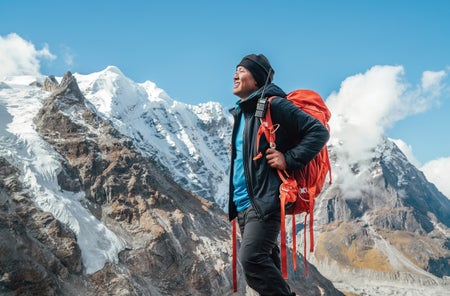
An Unlikely Organ Helps to Explain Sherpas’ Aptitude for Altitude
New work reveals a surprising hero in combating altitude sickness
Sasha Warren is a freelance journalist. They were a 2022 AAAS Mass Media Fellow at Scientific American and hold a Ph.D. in planetary science.

An Unlikely Organ Helps to Explain Sherpas’ Aptitude for Altitude
New work reveals a surprising hero in combating altitude sickness
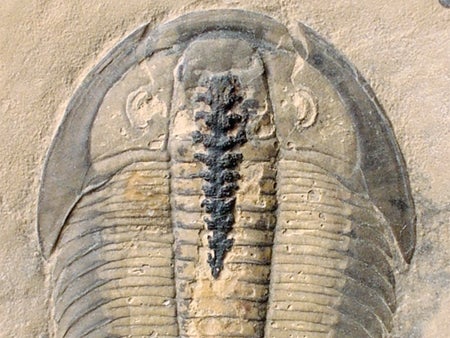
Scientists Ruin Delicious Seabass to Probe Why Some Organs Don’t Fossilize
Watching fish rot for more than two months disproves a long-standing fossilization theory

News Briefs from around the World: October 2022
In case you missed it
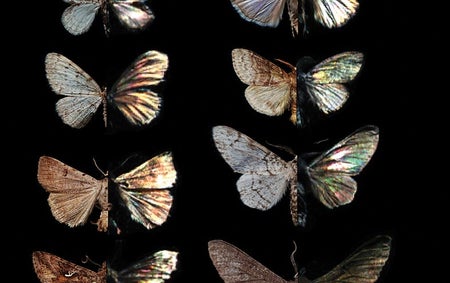
Moth Wings Are Beautiful in Infrared Light
Drab brown moths’ infrared glittering could be key to tracking different species through the night
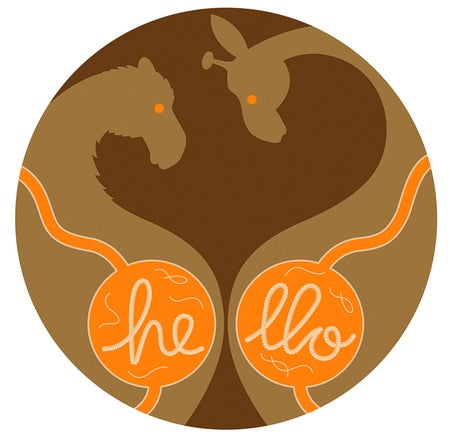
Parasites Are Choosy about Where They Live
Intestinal parasites infect herbivores with similar digestive systems
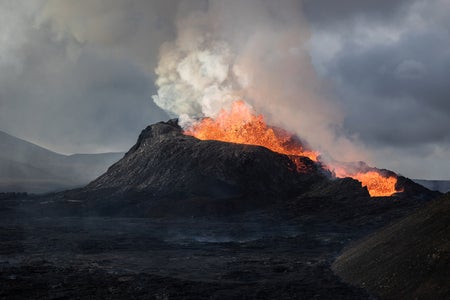
See Iceland Aglow in Volcanic Eruptions
A vivid look at Iceland’s recent resurgence of volcanic eruptions—and why the country could be in for 300 years of renewed volcanic activity
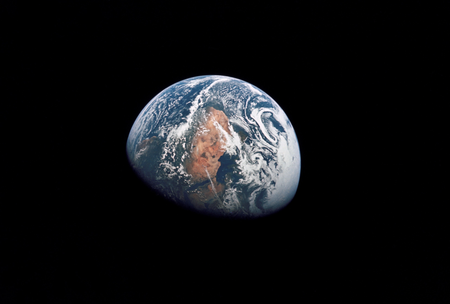
Here’s Why Earth Just Had Its Shortest Day on Record
How wind, ice and rock may have combined to give our planet its shortest day

The Robocalls Problem Is So Bad That the FCC Actually Did Something
A cybersecurity expert explains how we might learn to trust our phones again
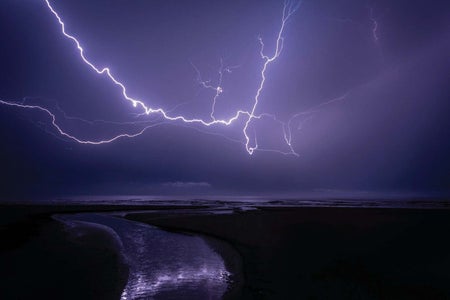
Salty Sea Spray Keeps Lightning Strikes Away
Particles of sea salt in the air could stop clouds from charging up for a lightning strike

Eating Too Much Protein Makes Pee a Problem Pollutant in the U.S.
Protein-packed diets add excess nitrogen to the environment through urine, rivaling pollution from agricultural fertilizers

People with Long COVID May Still Have Spike Proteins in Their Blood
A possible biomarker for long COVID suggests some people with the condition never fully cleared the virus

People Come to Grips with Having an Extra Pair of Arms—in VR
New experiments show simulated robotic limbs can feel like a part of our own body with a little practice
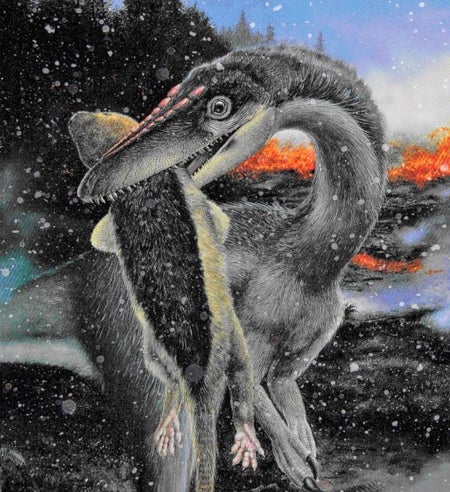
Feathers May Have Helped Dinosaurs Survive Their First Apocalypse
Geologic evidence for a freezing arctic suggests dinosaurs could have weathered an epoch-ending volcanic winter
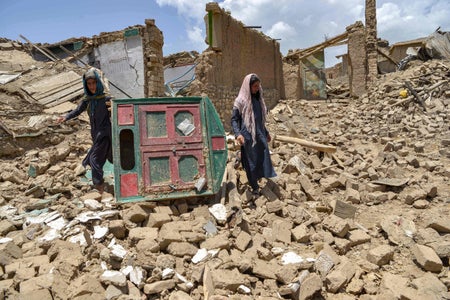
Why Was Afghanistan’s Magnitude 5.9 Earthquake So Devastating?
Famed seismologist Lucy Jones explains how building methods and quake dynamics interact—and what to do about the problem
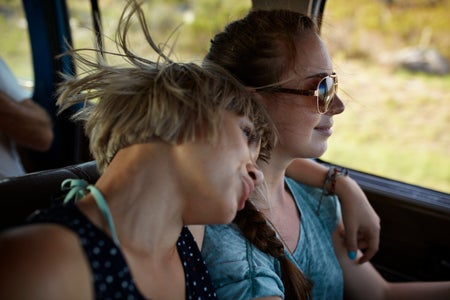
People May Pick Friends Who Smell Like Them
Similar body odors might determine if two strangers will “click.”
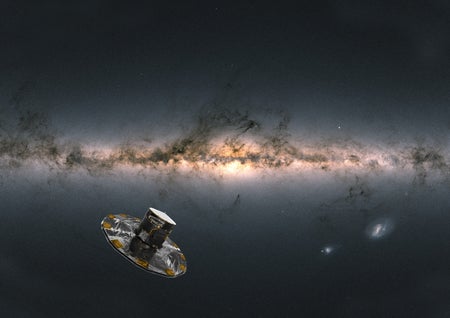
New Maps of Milky Way Are Biggest and Best Yet
The latest data release from the European Space Agency’s Gaia mission is sparking a frenzy of exciting new astrophysics research

Ocean Oil Slick Map Reveals Enough Greasy Patches to Cover France—Twice
An algorithm-aided analysis of satellite images reveals the size, distribution and sources of oil slicks at sea
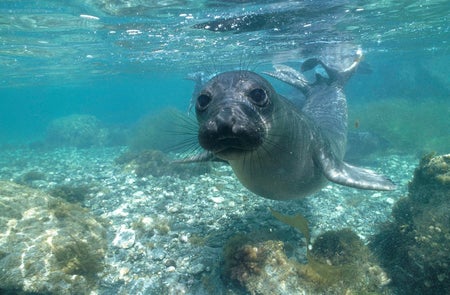
Wiggling Whiskers Help Hungry Seals Hunt in the Dark
A new seal’s-eye view shows these specialized hairs in motion at sea